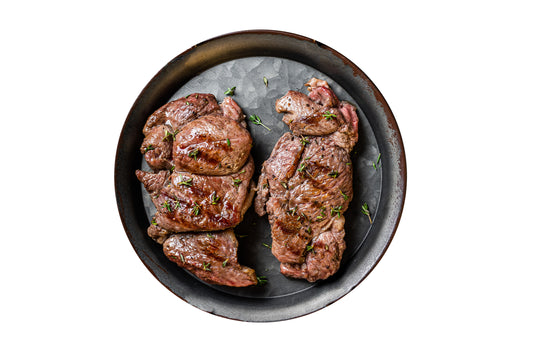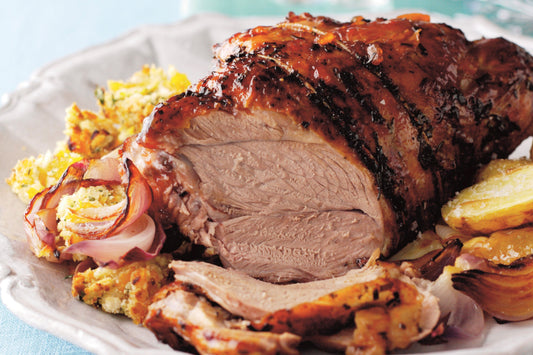We all heard the news that processed meats, such as bacon and salami, had been deemed as being carcinogenic, and red meat to be “probably carcinogenic”, when the NHS published controversial guidelines in October 2015 after the WHO's (World Health Organisation) International Agency for Research on Cancer (IARC) released a report evaluating the link between the consumption of red and processed meat and cancer. I'm sure you remember the headlines, like "Processed meat is as bad as smoking", which was published by the Daily Express.
However, after an international team of researchers, including some from the UK, conducted literature reviews and analysed their findings, they found the evidence of any link to be “weak”, concluding that red and processed meats are probably not harmful to our health, and that adults "continue with their current consumption" of red or processed meat. The recommendations were published on 19th November 2019 in the Annals of Internal Medicine, which is freely available for everyone to access online. The recommendations made within the paper were even reviewed by a separate development panel made up of researchers, healthcare experts and members of the general public from 7 countries, before the final guidelines were voted on.
“Based on the research, we cannot say with any certainty that eating red or processed meat causes cancer, diabetes or heart disease,”.
Bradley Johnston - associate professor of community health at Dalhousie University in Halifax, Canada.
How much red and processed meat should I be eating?
Basically, the evidence to suggest that processed and red meats are carcinogenic is of low, or very low certainty, but that's not to say we now have free range to eat as much as we'd like. The recommendations published in the Annals of Internal Medicine suggest we stick with our current consumption, which according to nhs.uk is currently 70g per day. It should also be noted that the 70g average is actually based on cooked weight, which will make a big difference to you if you're looking at uncooked weights on the packaging of your meat. Meat tends to lose around 25-30% of its weight when it's cooked. For example, an 8oz / 227g rump steak will weight around 163g after grilling, which is a weight loss of over 28%.
What's that per week?
To make it easier to understand let's look at what that 70g of cooked weight per day works out to over a week. For ease of maths, if we accept a 25% weight loss after cooking, our 70g of cooked weight translates to 93g uncooked weight, which further extends out to 653g per week. To make it easier to visualise, this works out to around 18 rashers of thin cut bacon, 12 standard sausages, or 2-3 steaks per week.
In terms of meals, using figures from nhs.uk, you could have 2 cooked breakfasts (2 x 130g), with 2 standard British sausages, and 2 thin cut rashers of bacon, 1 large doner kebab (130g), a quarter pounder burger (78g), and a ham sandwich (23g) each week and that would hit the recommended average of 70g per day. That seems like a good amount of meat to go alongside the chicken and turkey you might be consuming throughout the week.
Conclusion
According to the guidelines published in the Annals of Internal Medicine, we should continue with our current consumption of red and processed meat, which is great news for anyone who loves a good fry up, or a nice juicy steak. Having said that, as with anything, it's always good to practice moderation. We recommend having a balanced, healthy lifestyle, and always suggest that our customers serve a good portion of vegetables, such as broccoli, or carrots, with any red meat. Vegetables such as these, are high in antioxidants and will work to offset any oxidative stress that may be caused by red meat.
Learn more about these new guidelines on the nhs.uk website (Have controversial new guidelines put red meat 'back on the menu'?)
FAQ's
Should I cut out all red and processed meat?
It is totally unnecessary to cut out red and processed meats all together as they are a good source of nutrients, including protein, iron, zinc and vitamin B12. However, if you are currently eating large amounts of red and processed meats, it might be a good idea to think about cutting down.
How can I eat less red and processed meats?
If you are looking to reduce your intake of red or processed meats then there are several ways you could do this, including, reducing portion sizes, switching to chicken, turkey, or even fish, or swapping beef or lamb mince for turkey mince.









1 comment
hello I want to come to the factory to buy meat please give us a phone number and your address